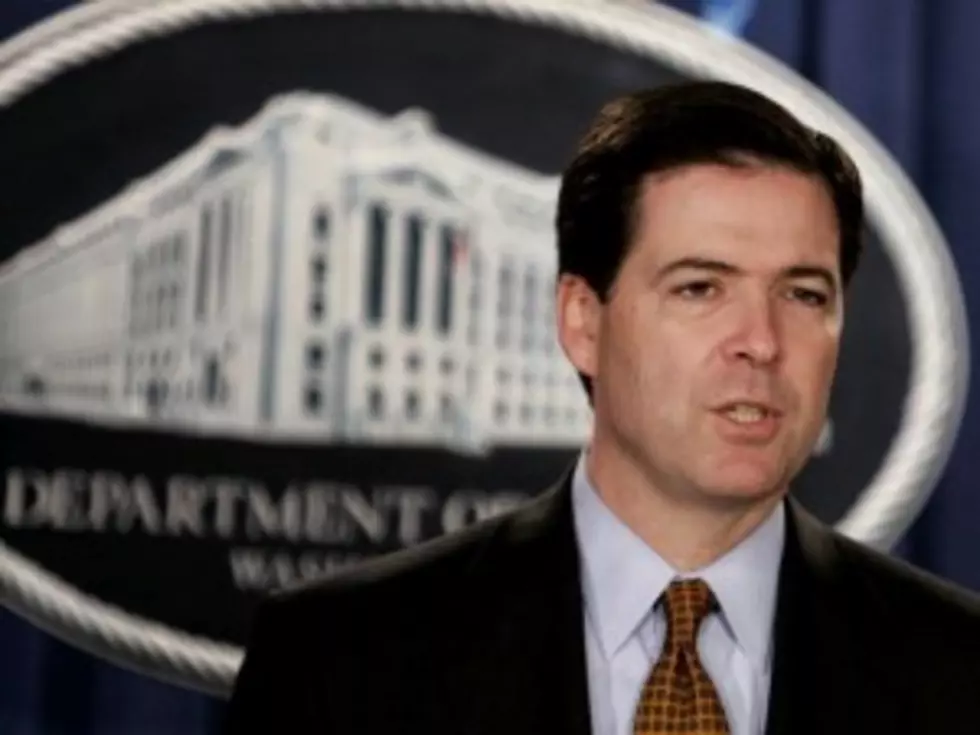
US Budget Deficit Hits a Record High for March
The U.S. budget deficit is running slightly lower than last year's through the first six months of the budget year but is still on track to top $1 trillion for a fourth straight year.
The Treasury Department said Wednesday that the deficit in March totaled $198.2 billion, a record for that month. That left the gap through the first half of 2012 at $779 billion, down 6.1 percent from a year ago.
The Congressional Budget Office forecasts a deficit of $1.17 trillion for the entire 2012 budget year, which began Oct. 1. This would be a small improvement from last year's $1.3 trillion deficit. Still, the chronic budget deficits are likely to be a top issue in the presidential election.
Through the first six months of this budget year, government revenue has totaled $1.06 trillion, up 4.4 percent from the same period a year ago. Individual and corporate tax receipts are both up, reflecting the improving economy.
Government spending through the first half of the budget year totals $1.84 trillion, slightly less than in the same period a year ago.
Democrats and Republicans are offering voters stark choices on how they would deal with the country's budget problems.
The budget approved by the House late last month calls for deep cuts in Medicare and other programs and a new round of tax cuts that would most benefit wealthy Americans. Obama has called that "thinly veiled social Darwinism" and a radical vision for the country.
Obama's budget request in February called for $4 trillion in deficit reduction over the next decade, through spending cuts and tax hikes on the wealthy. Republicans have rejected the tax increases. They want deeper cuts in government programs.
The House-passed budget has no chance of winning Senate approval, setting the stage for gridlock until after the November elections.
The government last recorded a surplus in 2001. The deficits returned after President George W. Bush won approval for broad tax cuts, pushed a major drug benefit program for seniors and launched wars in Afghanistan and Iraq.
The deficits grew further under Obama as the Great Recession reduced tax revenue as unemployment rose and income fell. The budget gaps have topped $1 trillion in each of his first three years in office. Obama and Democrats pushed for more emergency spending to support the economy, including extending federal unemployment benefits and cutting Social Security taxes.
Congress and the White House have struggled to agree on changes to tax levels or spending programs that would reduce the deficit. They will face another big challenge at the end of this year.
That's when tax cuts enacted by the Bush administration in 2001 and 2003 are set to expire.
A set of automatic spending cuts totaling about $1.2 trillion over 10 years are also scheduled to kick in. Both parties oppose the automatic spending reductions, in part because they include deep cuts in defense.
The CBO has estimated that if Congress extends the Bush tax cuts, as it has in the past, and blocks the spending cuts, the deficit will remain near $900 billion or more for the next decade.
(Copyright 2012 by The Associated Press. All Rights Reserved.)
More From New Jersey 101.5 FM


![Grilling Gone Wrong – Top 5 BBQ Fails [NSFW- Language]](http://townsquare.media/site/385/files/2012/05/BBQ-Fail1.png?w=980&q=75)

![9/11/2001: On The Air [AUDIO]](http://townsquare.media/site/385/files/2012/02/1161079.jpg?w=980&q=75)




